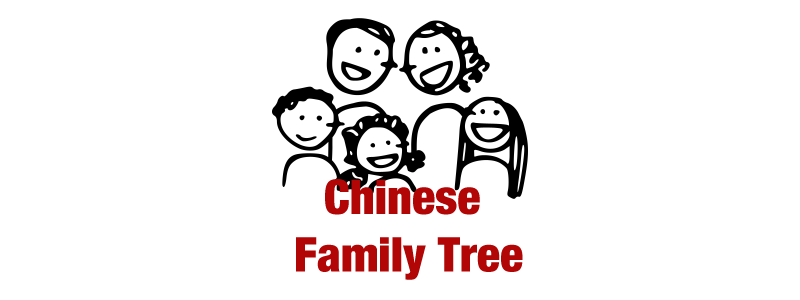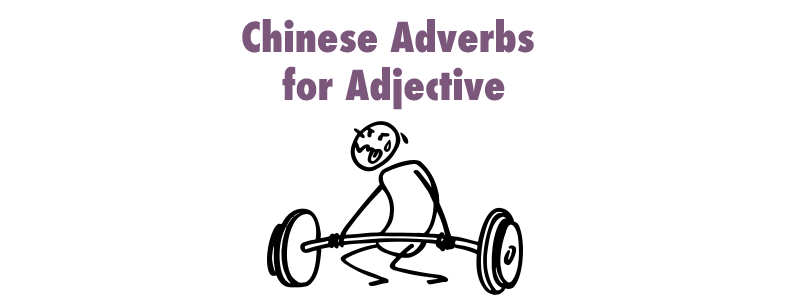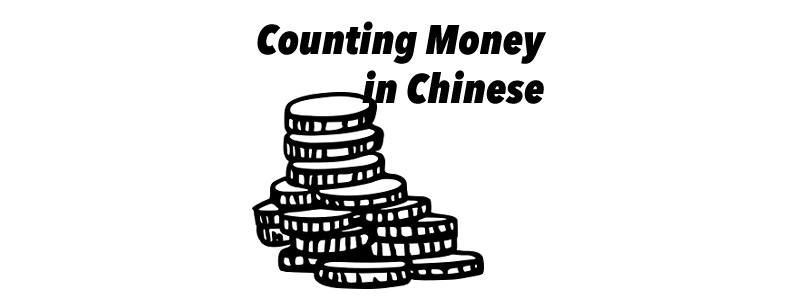Looking at symptoms alone seems a bit boring, so let’s dive into various symptoms along with some basic knowledge of Traditional Chinese Medicine! Sick – 生病 shēngbìng Ache: Traditional medicine believes that the primary reasons for ache are as follows: firstly, “no flow leads to pain,” and secondly, “lack of nourishment leads to pain.” “No…
Category: HSK 1
Living Room Vocabulary
But if we’re only discussing vocabulary, it could be a bit dull, don’t you think? Let’s spice it up by incorporating some Fengshui concepts! These principles are rooted in Fengshui beliefs and aim to create a harmonious home environment. It’s important to remember that Fengshui is a personal practice, and different Fengshui practitioners may have…
The Chinese Family Tree
Family Grandparents Dad’s side Mum’s side Using the character 外 wài in Chinese shows “outside” in talking about family members highlights how families used to be mostly focused on the father’s side in the past. This was common due to the way families were organized. However, things change over time. In Taiwan, younger people seem…
Ordering 1
咖啡 kāfēi 美式měishì咖啡kāfēi美式měishì咖啡kāfēi Americano 🔊아메리카노 – アメリカーノ 拿鐵nátiě拿铁nátiě or 拿堤nátí拿堤nátí Latte 🔊라떼 – ラテ 摩卡mókǎ摩卡mókǎ Mocha 🔊모카 – モカ 焦糖jiāotáng瑪奇朵mǎqíduǒ焦糖jiāotáng玛奇朵mǎqíduǒ Carmel Macchiato 🔊카라멜 마끼아또 – キャラメル マキアー 卡布奇諾qiǎbùqínuò卡布奇诺qiǎbùqínuò Cappuccino 🔊 카푸치노 – カプチーノ 茶 chá 紅茶hóngchá红茶hóngchá Black tea 🔊홍차 – 紅茶 綠茶lǜchá绿茶lǜchá Green tea 🔊녹차 – 緑茶 奶茶nǎichá奶茶nǎichá Milk tea 🔊밀크티 – ミルクティー 烏龍茶wūlóngchá乌龙茶wūlóngchá Oolong…
Chinese Age Expression – Suì
Grammar Point:In Chinese, the word 歲岁 suì is used to express age. It specifically refers to the number of years one has lived or their age in years. Structure S + Number + 歲/岁 suì In Chinese, the word 歲 suì is considered a measure word, so there is no need for a linking verb…
Dragon Boat Festival
The Dragon Boat Festival, also known as Duanwu Festival, is a wonderful traditional Chinese celebration that happens on the fifth day of the fifth month according to the lunar calendar. It’s a time of joy and excitement, and people eagerly celebrate it in various parts of East Asia, including China, Hong Kong, Macau, Taiwan, and…
Adverbs for Adjective 1
Grammar Point:In most situations, Chinese adjectives typically require an adverb. Here are the adverbs we are going to look at in this article: Examples 今天jīntiān太tài熱rè了le今天jīntiān太tài热rè了leIt’s too hot today. 這個zhège太tài貴guì了le这个zhège太tài贵guì了leThis is too expensive. 中文zhōngwén很hěn簡單jiǎndān中文zhōngwén很hěn简单jiǎndānChinese is simple. 我wǒ很hěn忙máng我wǒ很hěn忙mángI’m busy. 我的wǒde狗gǒu最zuì可愛kěài我的wǒde狗gǒu最zuì可爱kěàiMy dog is the cutest. 魔鏡mójìng魔鏡mójìng, 誰shéi是shì世界shìjiè上shàng最zuì美měi的de人rén? 魔镜mójìng魔镜mójìng, 谁shéi是shì世界shìjiè上shang最zuì美měi的de人rén? Mirror, mirror on the wall, who is the fairest…
“These” and “those” in Chinese
Grammar Point:The terms “these” and “those” in Chinese can be translated as follows: 🌈 Basically ”This“ and “that” + 些 xiē Structure 這这些 or 那些 + Noun 這些zhèxiē人rén是shì誰shéi? 这些zhèxiē人rén是shì谁shéi? Who are these people? 我wǒ不要búyào買mǎi那些nàxiē書shū我wǒ不要búyào买mǎi那些nàxiē书shūI don’t want to buy those books. 這些zhèxiē東西dōngxī要yào怎麼辦zěnmebàn? 这些zhèxiē东西dōngxi要yào怎么办zěnmebàn? What should we do with these things? 她tā想xiǎng跟gēn那些nàxiē中國人Zhōngguórén練習liànxí中文zhōngwén她tā想xiǎng跟gēn那些nàxiē中国人Zhōngguórén练习liànxi中文zhōngwénShe wants to practice Chinese with…
Counting Money in Chinese
Grammar Point:Counting money in Chinese involves using the Chinese numerals and currency units. Here is a guide on how to count money in Chinese: Chinese Numerals 📌 Review Numbers: Chinese Numbers Currency Units China Taiwan However, there is another informal term commonly used to talk about the basic unit of currency in Chinese, which is…
Food – 음식 – 食べ物
🔊 雞jī鸡jī 🔊 豬zhū猪zhū 🔊 牛niú牛niú 🔊 魚yú鱼yú 🔊 鴨yā鸭yā 🔊 羊yáng羊yáng 🔊 麵miàn面miàn 🔊 飯fàn饭fàn 🔊 湯tāng汤tāng 🔊 菜cài菜cài 🔊 蛋dàn蛋dàn 🔊 沙拉shālā沙拉shālā 🔊 肉ròu肉ròu:meat – 고기 – 肉 🔊 海鮮hǎixiān海鲜hǎixiān:seafood – 해산물 – 海産物 Taste 🔊 酸suān酸suān:sour – 시다 – 酸っぱい 🔊 甜tián甜tián:sweet – 달다 – 甘い 🔊 苦kǔ苦kǔ:bitter – 쓰다 – 苦い…






